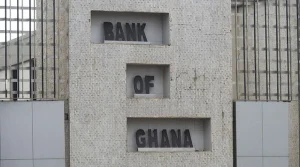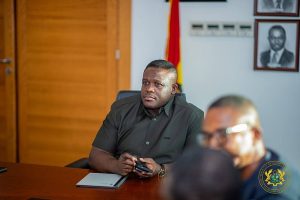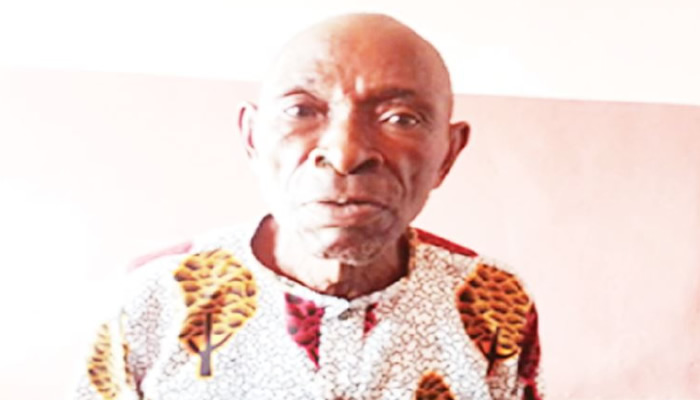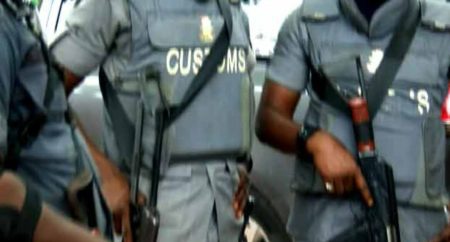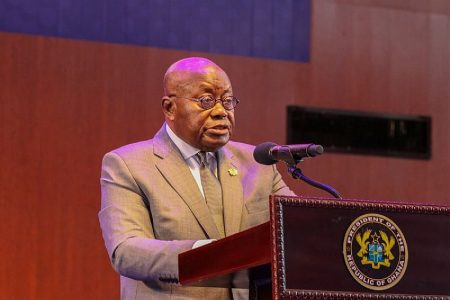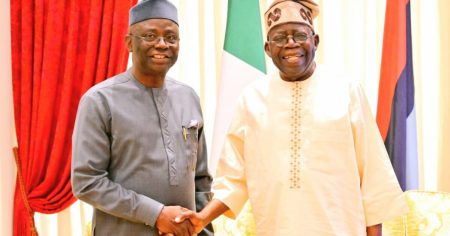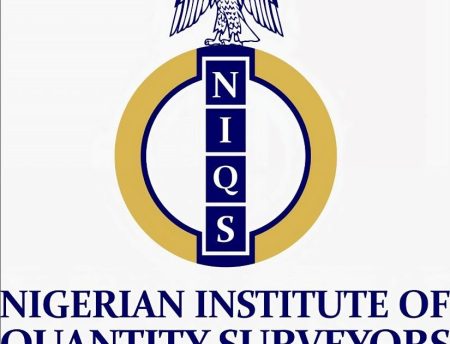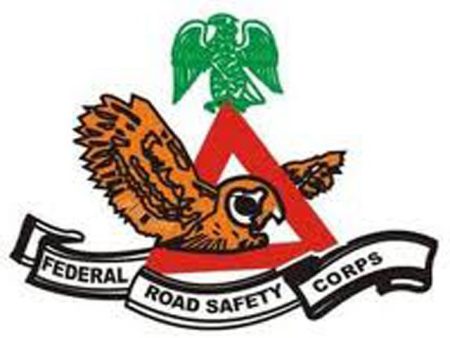The Land Dispute in Bende LGA: A Detailed Account of Onukwuo Onuegbu’s Allegations and the Ogbuti Family’s Response
Onukwuo Onuegbu, a former education secretary in Abia State, has publicly expressed grave concerns for his safety, alleging persistent harassment, intimidation, and threats to his life stemming from a land dispute with the Ogbuti family in Bende town, Bende Local Government Area (LGA). The octogenarian claims that members of the Ogbuti family have resorted to violence in their attempts to seize a parcel of land known as Ebeh, which he asserts is his rightful inheritance. He has appealed to both the Assistant Inspector General of Police and the Abia State government to intervene and protect him from what he perceives as an imminent threat to his life.
Onuegbu’s narrative details a history of escalating conflict centered on the Ebeh land. He claims to have inherited the property from his father in 1957, possessing all relevant documentation to support his claim. He has reportedly used the land for farming and leased portions to other farmers for many years. According to Onuegbu, the dispute with the Ogbuti family intensified in March 2025 when he and his daughter, Christiana, were forcibly chased off the land. This incident, he alleges, involved physical violence and explicit threats against his life should he refuse to relinquish the property.
Following the alleged attack, Onuegbu reported the incident to the Bende Division of the Nigerian Police Force. However, he claims that the police failed to adequately address his complaint, prompting him to seek resolution through the Amaogwu village Arbitration Panel. He hoped that this traditional method of conflict resolution would lead to a peaceful settlement. However, Onuegbu alleges that during the second meeting of the arbitration panel, members of the Ogbuti family assaulted him, inflicting injuries including a dislocated shoulder and a head wound. He further claims that an 80-year-old man, Iroanya Onukwuo, was also severely beaten in connection with the land dispute.
Onuegbu’s public statement underscores his fear for his safety, highlighting the alleged threats and violence he has endured. His call for intervention from higher authorities reflects a desperate plea for protection and a desire for justice in the face of what he perceives as a serious and escalating threat. He emphasizes the need for an official investigation and action to prevent further harm and ensure the safety of himself and his family.
In response to Onuegbu’s accusations, Chukwuemeka Ogbuti, a member of the Ogbuti family, has categorically denied all allegations of harassment, violence, and threats against Onuegbu. Ogbuti refutes the claim that anyone from his family beat, chased, or threatened Onuegbu. He counters that Onuegbu is the aggressor in the land dispute, alleging that Onuegbu is attempting to seize land that Ogbuti himself has been using for over 40 years. This contrasting narrative introduces a significant point of contention, highlighting the conflicting claims of ownership and the drastically different accounts of the interactions between the two parties.
The conflicting narratives presented by Onuegbu and Ogbuti underscore the complexity of the land dispute and the need for a thorough and impartial investigation. Onuegbu’s claims of violence and threats must be seriously considered, given the potential danger to his safety. Simultaneously, Ogbuti’s counter-claims of long-standing ownership and Onuegbu’s alleged encroachment cannot be dismissed. A fair resolution requires a careful examination of all evidence, including land documents, witness testimonies, and any medical reports documenting Onuegbu’s alleged injuries.
The involvement of law enforcement and the Amaogwu village Arbitration Panel highlights the multiple layers of conflict resolution being attempted. The alleged failure of the initial police investigation raises concerns about the effectiveness of law enforcement in addressing the dispute. The subsequent resort to traditional arbitration mechanisms demonstrates the community’s attempt to resolve the conflict peacefully. However, the alleged violence during the arbitration process further complicates the situation and raises questions about the viability of this approach.
This land dispute, with its conflicting claims and allegations of violence, represents a significant challenge to peace and security within the Bende community. The accusations and counter-accusations highlight the deep-seated nature of the conflict and the urgent need for intervention. A comprehensive investigation by the relevant authorities is crucial to determine the truth of the matter, protect the safety of all involved, and ultimately facilitate a just and lasting resolution. This investigation should include a review of all available evidence, including land titles, witness statements, and any documentation of injuries.
The intervention of the Assistant Inspector General of Police and the Abia State government, as requested by Onuegbu, is critical to ensuring a fair and impartial process. Their involvement can help restore confidence in the ability of the legal system to address the issue effectively and prevent further escalation of the conflict. This intervention should prioritize the safety of all involved parties and aim to facilitate a mediated dialogue that addresses the root causes of the dispute. A successful resolution will require a commitment from both parties to engage in constructive dialogue and a willingness to explore potential compromises.



